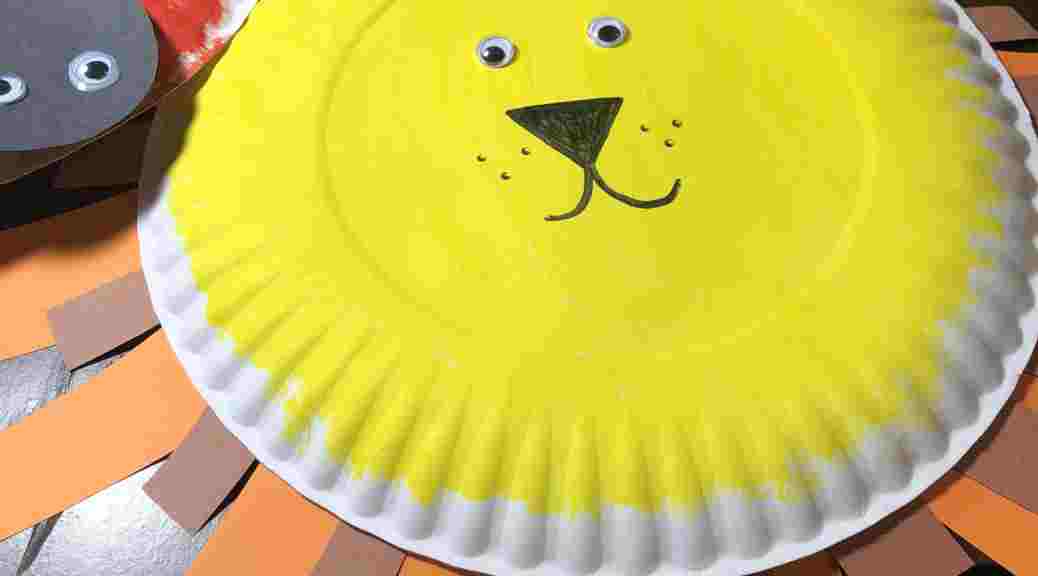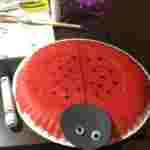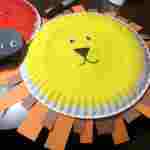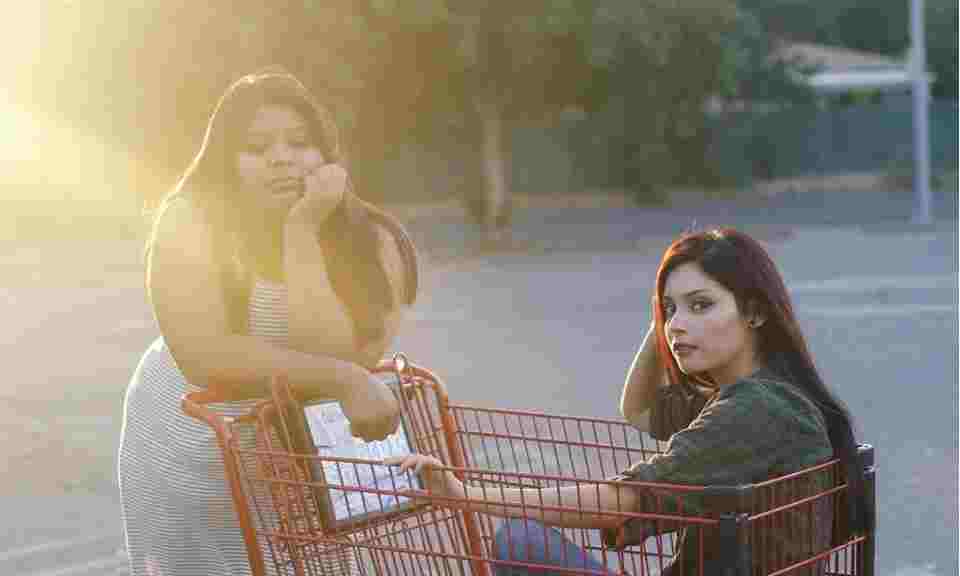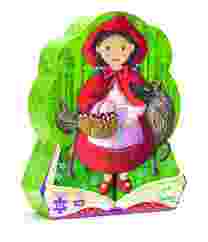
Little Red Riding Hood is a story we all grew up listening and reading about. It is a classic story about a little girl who gets tricked and eaten at the end because she can’t follow directions that her mother gave her. Stories like Little Riding Hood are meant to teach you resolutions by giving you lessons and morals. At least that’s what we believe. Reading stories from other authors and other cultures has given me an insight that people have different ideas of what moral of the story should be. Even some that I wouldn’t likely agree with. Different cultures make stories with morals for outcomes that are going to benefit them.
In Little Red Riding Hood by Charles Peralta, at first, he portrays the wolf as an intelligent creature who knows what he is doing. He knows he can’t eat little red riding hood because the woodcutters are nearby and could kill him afterwards. He outsmarted her by running and taking the shortest path to grandma. The author showed how easily a little (GIRL) could be fooled by giving the wolf personal information and falling into his trap. When the fox gets to grandma’s house, he tricks grandma as well and ends up eating her. When little red riding hood gets there he convinces her that he’s her grandma and gets her to go in bed with him. The thing that disturbed me about this scene is the fact that little red riding hood took her clothes off before getting in bed. It doesn’t sound like a normal thing a little girl would do. Besides that the story ends like most little red riding hood story. The wolf ends up eating her as well. At the end of the story the author explains that the moral of the story was “ Children, especially attractive, well-bred young ladies, should never talk to strangers, for if they should do so, they may well provide dinner for a wolf.” It is obvious this story was mostly directed to young ladies or young girls. My question is why not young boys as well? There is predators out there that harm young boys as well, and I believe these morals should not have double standards. At Least that’s my opinion (:
An opposite take was Little Red Cap by Grimm. In this story the same events happened, little red riding hood gets tricked into getting distracted, the wolf eats grandma and then eats little red riding hood. The turn of events in this story is that a huntsman saves both grandma and little red riding hood by cutting them out of the wolf’s stomach and filling it with rocks. The huntsman saving them was a very heroic thing, but I also likes how Grimm offered a different ending where grandma was the hero. Little red riding hood did not get distracted by the wolf and went home to tell grandma what happened. By the time the wolf came to eat grandma, she was ready. She knew he was going to eat little red riding hood when she left so she asked little red to fetch water for the trough. She then tricked the wolf with the smell of sausages and he fell into the hot trough and died. Grandma outsmarted the wolf. That ultimately became the resolution.
Both of these stories provided different points of views and resolutions. Each story could have been written differently but the authors ultimately felt like they had to be written that way they were because of the morals they were trying to get across. It makes you realize that people have different points of view and different ideas towards certain things.
